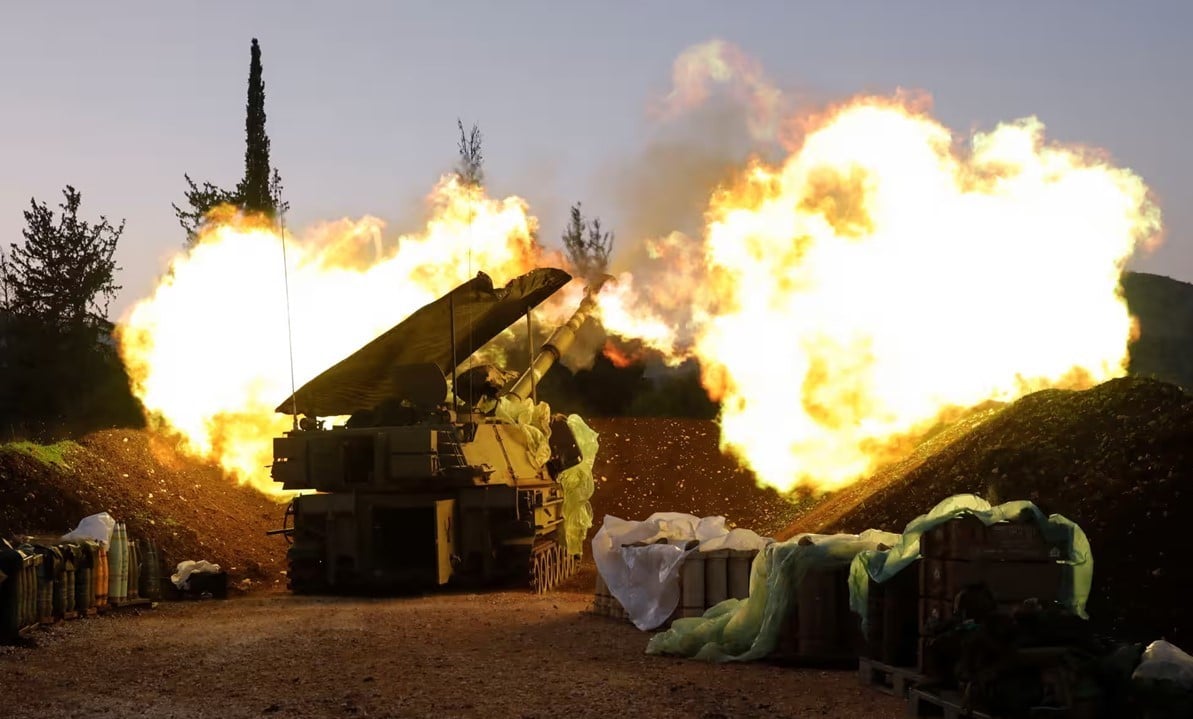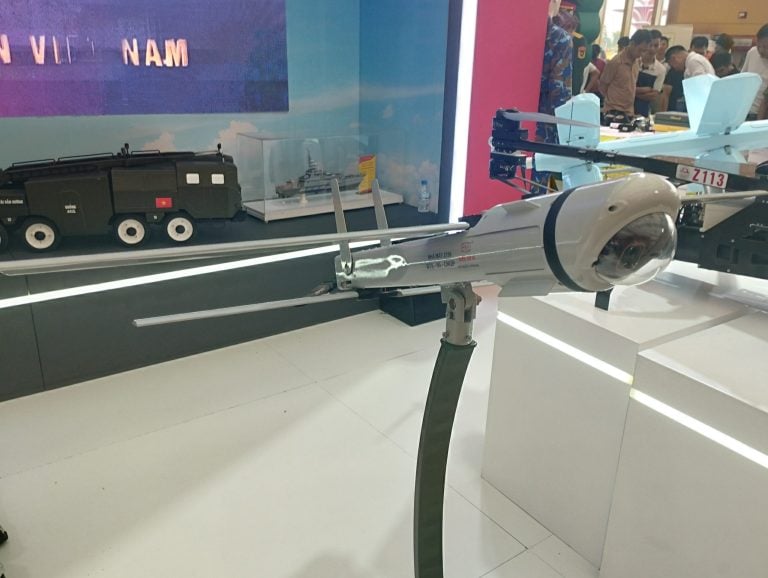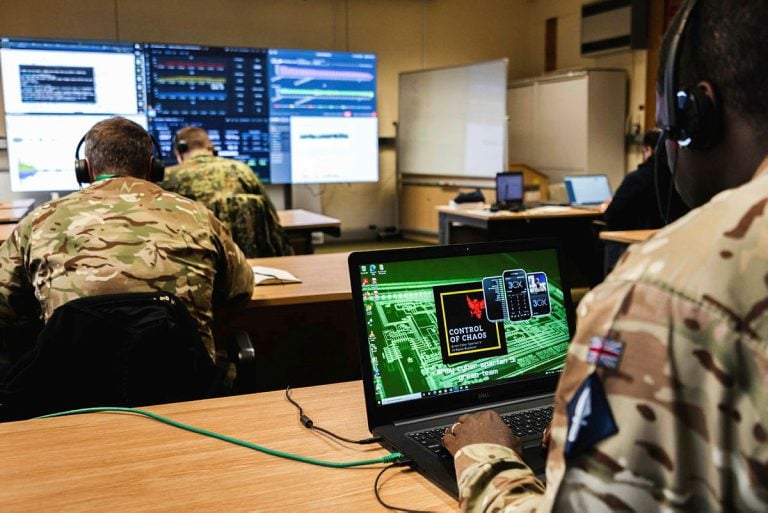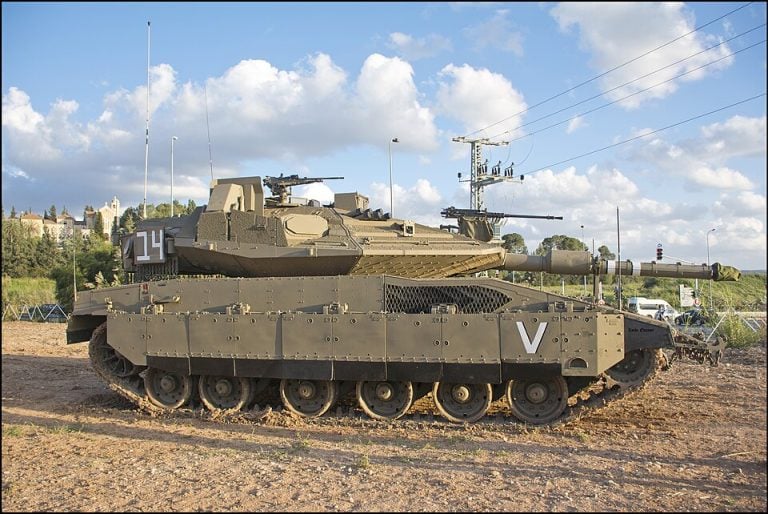Lebanon’s health ministry reported a tragic escalation in violence on Thursday, stating that Israeli airstrikes in the southern region resulted in one death and seven injuries. The strikes were aimed primarily at Hezbollah and its affiliated targets, according to the Israeli military.
In a strong condemnation of these actions, Lebanese President Joseph Aoun asserted that the Israeli attacks were focused on “civilian facilities,” emphasizing that they constituted a violation of a ceasefire that had been negotiated the previous year. Aoun characterized the ongoing Israeli assaults as part of a systematic strategy designed to dismantle productive infrastructure, impede economic recovery, and destabilize the region under the guise of security concerns.
Israeli airstrikes have persisted despite a ceasefire agreement established in November, which followed over a year of escalating hostilities between Israel and Hezbollah, culminating in two months of outright conflict.
The details from the Lebanese health ministry indicated that the airstrike in the eastern town of Shmistar resulted in one fatality, with additional injuries reported: one person wounded in Bnaafoul in the Saida district and six others in Ansar, located in Nabatieh district.
In response, the Israeli army confirmed its operations, stating that they targeted what it identified as Hezbollah’s terrorist infrastructure in the Mazraat Sinai area of southern Lebanon. Furthermore, it highlighted strikes on facilities associated with Green Without Borders, a non-governmental organization that has been sanctioned by the U.S. and which Israel accuses of masking Hezbollah’s presence in border areas with Israel.
The recent military actions and the ongoing cycle of violence reflect the fragile state of security and political stability in the region, raising concerns among both local and international observers.







